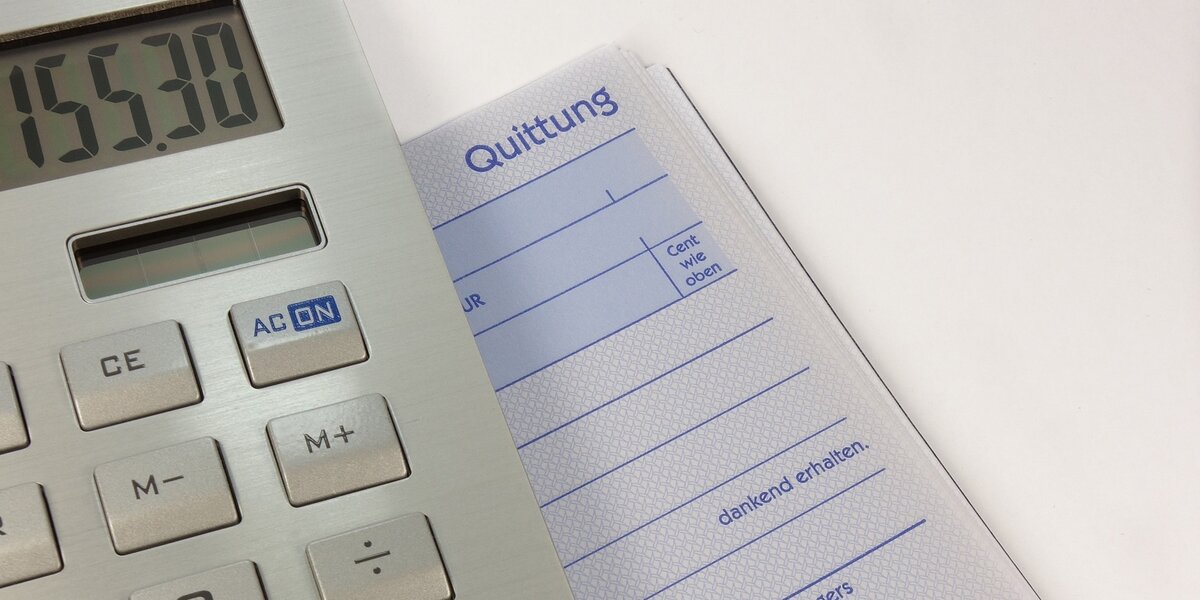Save money - prevent bad debt losses

Contact
Öffnungszeiten:
Monday to Friday
08.00 - 12.00 h / 13.00 - 17.00 hFernsupport durch Caminada:

In difficult economic times, the management of receivables is essential. This is because a possible recession and associated liquidity bottlenecks at companies could lead to bad debts. The aim of the article is to show what you can do about it.
How you prevent losses of receivables:
If goods delivered or services rendered are not invoiced quickly, the risk of losses increases in uncertain times. And this in two ways. On the one hand, the customer may not even remember which services were provided if they are invoiced very late. On the other hand, they lose valuable time because they can only send reminders for a delivery or service after the end of the payment period. Thus, 30-40 days from the date of performance quickly become 90-120+ days until they can claim the amount due to you. During this time, a lot can happen on the customer side that may be to your disadvantage.
If an invoice is not paid within the payment period, a first friendly reminder must be sent quickly. The right mix between friendly and determined is what makes it here. After all, an oversight or simple omission should not lead to a deterioration of the customer relationship. This is especially true for customers who usually pay on time. Here, an individual and, if necessary, personal follow-up is due.
In general, however, the dunning process should be automated as far as possible. Depending on the volume, it makes sense for the reminders to be "released" by the responsible account managers.
In practice, the delivery of three reminders is standard. The third reminder is usually sent by registered mail. A copy of an already dated and signed petition for debt collection as an attachment to the last reminder can also be promising. This underlines the seriousness of the matter.
In addition to a well-functioning dunning system, payment delays must be closely monitored internally if they exceed a certain level (amount or days). On the one hand, this helps prevent the company from continuing to deliver goods or provide services to customers with existing overdue receivables. Besides, it is possible to make personal contact in the case of outstanding receivables and obtain valuable information for further action. Was the customer dissatisfied with a service? Does he have a short-term bottleneck? Or does his delaying tactic indicate a severe problem?
This process should always be running. With today's technology, alerts on search engines can often provide continuous information about customers or people close to them that can shed light on the company's current situation. Even pure research via an excerpt from the commercial register (zefix.ch), website, reviews, or ratings on the net and social media can provide a lot of information. Through your network, you can often find out a lot about customers and their payment behavior.
Today here are many ways to check the creditworthiness of your customers. Debt enforcement information is perhaps the best-known option. However, various services on the net offer a credit check and a factual statement and creditworthiness assessment against payment.
It is not uncommon for larger orders to require payment during a project or a deposit for products. You get a good impression of whether the future customer can pay or not. If the payment on account or the partial payment is already tricky and late, this gives essential indications. For smaller deliveries or services, advance payment or payment by credit card may be an excellent solution to avoid bad debt losses.
Such security means must usually be agreed upon before delivery or provision of the service. The best known are the building craftsman's lien and retention of title. Furthermore, retention of title, retention right, security deposit, bank guarantees, deposits, credit insurance, are possible, to name a few. However, the presentation of the means of security in detail would go beyond this article's scope.
Do you need help with the prevent bad debt losses? Then get in touch with us in Zug and Lucerne or with our expert Roger Osterwalder. We will support you fast and straightforward.